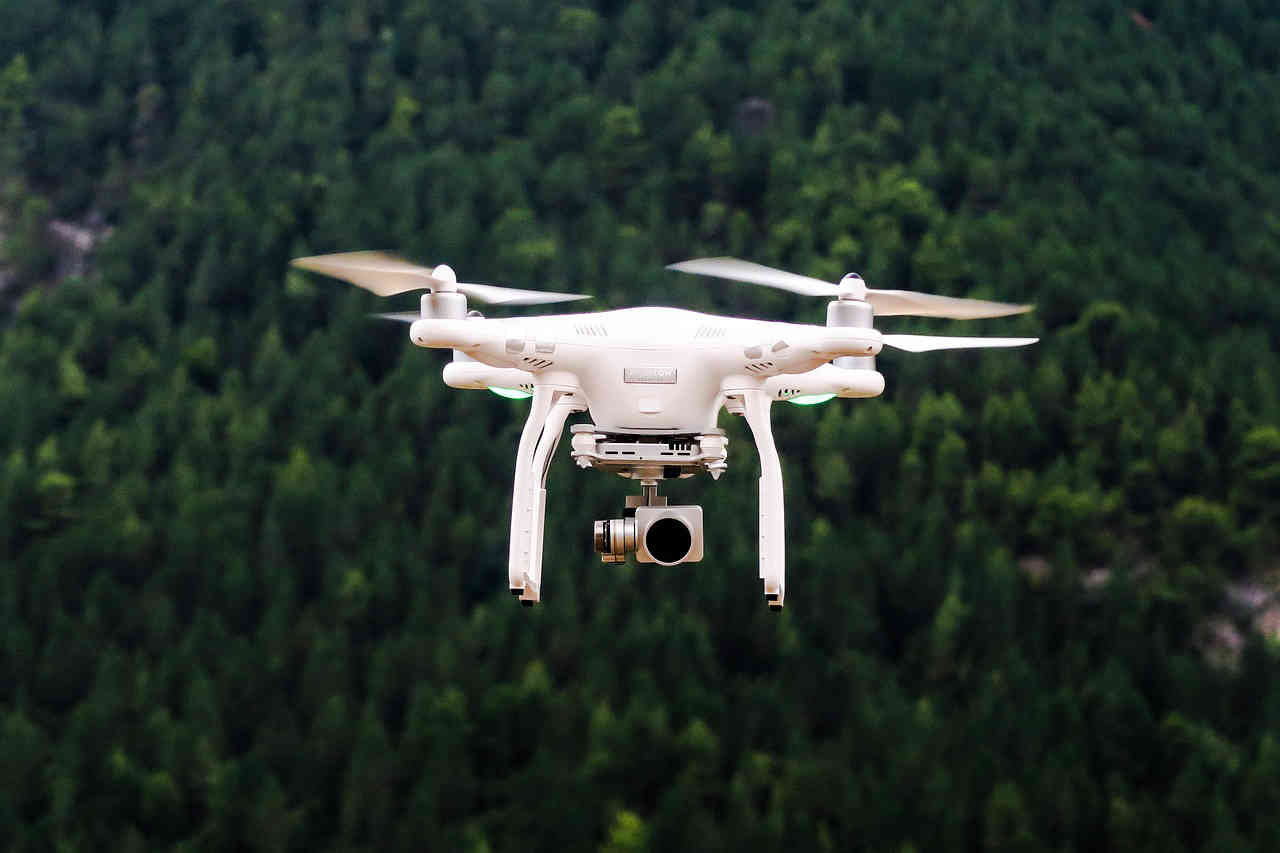Cryptocurrencies like Bitcoin or Ethereum are built on the principle that anyone must be able to audit the total supply. Therefore, they are very transparent and many connections can be made by an analysis of the blockchain, which reveals a lot about the sender and the recipient of a transaction.
However, there are also those cryptocurrencies that place their technological focus on ensuring that no one can gain insight into the complex web of countless senders and recipients. This category is also known as privacy coins and tries to protect the privacy of its users by various means. Although this invites abuse, this basic intention is quite laudable, because data protection is an important asset.
Table of contents
This raises the question of whether these cryptocurrencies can no longer be tracked at all. We want to explain a bit more about which cryptos are involved and how investigations can still be taken up.
Monero (XMR): The silver bullet for privacy
Monero is traded on exchanges under the ticker XMR and sets a high standard. Its technology is designed around the idea that a third party must not have access to transaction data. This is ensured with a number of features, three of which are particularly important:
- Shadow Addresses: Monero addresses are generated once for each transaction. This means that no address is reused.
- RingCT: This allows to disguise of the amount that is sent. No one can tell how much XMR was sent with a transaction.
- Ring Signatures: There are always several possible senders participating in a Monero transaction. Most are decoys and thus it is difficult if not impossible to determine who the real sender is.
Monero boasts that privacy is the default setting of transactions, so there is no way to expose yourself or others.
It is true that if Monero is used properly, the odds are stacked against investigators to be able to trace the transactions. However, criminals always allow themselves to make mistakes when using Monero, and they still end up leaving a clear trail. Probably the most famous case is that of the couple who tried to launder stolen BTC from Bitfinex. This involved an amount of 94,000 Bitcoin, which was worth $3.6 billion at the time. For this purpose, the money launderers also repeatedly exchanged Bitcoin for Monero, hoping that this would finally separate the sender from the recipient and break the link between them.
However, this did not lead to success. US investigators were able to establish the connection between the Bitcoin and Monero transactions anyway. In this case, the attempted chain hopping did not succeed at all.
Zcash (ZEC): Data protection on demand
Zcash is probably the second best-known privacy solution on the market. It offers so-called Shielded Transactions, which ensure sufficient privacy protection. However, this is an additional option, which means that most transactions take place completely normally and are visible to everyone.
This can definitely be called optional data protection because, unlike Monero, users are not obligated to protect their transactions. From a technical perspective, the whole thing is made possible via so-called zk-SNARKs (Zero-Knowledge Succinct Non-Interactive Argument of Knowledge), which are also used in other areas to ensure data protection. In essence, they enable the sender of a Zcash transaction to instruct a desired amount without having to reveal any further information about himself or the recipient.
This cryptographic trick is indeed groundbreaking, which is why many experts believe that zk-SNARKs could become the "https" in terms of blockchain.
However, in terms of whether you can hide with Zcash, it looks much worse than with Monero. This is because only a small portion of transactions are protected by the total number of participants, which means that there are enough data points available. With this data, conclusions can be drawn as to who must be involved in the few protected transactions. It is therefore quite possible to look through the veil as part of a comprehensive blockchain analysis.
Litecoin (LTC): Privacy as an upgrade
Litecoin is one of the oldest cryptocurrencies in the world, along with Bitcoin, and at its core, it is a fork. This means that Bitcoin's code was copied over 10 years ago and then modified to create Litecoin. To this day, the two cryptocurrencies are similar in many ways, even though they intentionally differ in many features.
This similarity dictates that Litecoin transactions are as easy to identify as those involving Bitcoin. However, Litecoin activated what is known as the MimbleWimble Update (MWEB) in May 2022. With MWEB, users enjoy the option to effectively protect their transactions, which is basically the same protection experienced with Zcash. From a technical point of view, the protocol is much younger and hasn't been tested for long, but it is considered to be secure and effective in protecting transaction data.
However, right after MWEB was integrated into Litecoin, leading analytics software vendors directly clarified that they do not see any problem with the update. Among them is Elliptic, which works with enterprises and government agencies alongside companies like Chainalysis. If there is no major obstacle from a compliance point of view, then there is truly no question if Litecoin can be tracked.
Can all cryptos be tracked and traced?
The matter should not be viewed quite so sweepingly. In fact, data protection is definitely strengthened in all three examples shown. That alone is not a bad or necessarily condemnable approach. One must be aware that everything has its limits, and these are defined differently depending on the coin.
In terms of fighting crime and identifying the perpetrators, it can be stated in any case that the use of these technologies does not provide sufficient protection against private or official investigators. For this to happen, criminals must also have a great deal of knowledge and be very strict in their approach to avoid making mistakes.
Have you lost money in a fraud crime involving Monero, Litecoin, or Zcash? Do not hesitate to contact us today. Successful investigative work and detailed reports about the perpetrators' actions are the first steps to getting your money back. You can describe your case to us via our contact form and our team will get in touch with you promptly.
FAQ about Privacy Coins
Why do people use privacy coins?
There are several reasons why someone would want to use a non-traceable cryptocurrency. One main reason is to protect privacy. By not allowing transactions to be seen publicly, the ability to track movements and financial activity is greatly reduced. Therefore, privacy coins are often used by people who want to protect their financial data from theft or misuse.
Are privacy coins legal?
Yes, untraceable cryptocurrencies are legal. This applies to the use and trading of cryptocurrencies as long as they are not used for illegal activities. Only a few countries handle this differently, including South Korea as a prime example. The country banned trading with privacy coins effectively. The reason for this is the anonymity offered by untraceable cryptocurrencies, which can also be exploited by criminals. With the introduction of MiCA, the situation in Europe will change in this regard, but privacy coins will remain legal.
Are privacy coins to blame for crime?
The answer to this question is considered controversial. On the one hand, a high percentage of privacy coin usage is not due to illegal activity, but on the other hand, criminals increasingly favor these cryptocurrencies. Basically, the technology behind privacy coins is neutral, which is why the question of guilt does not arise. It is important to understand in this context that criminals can still be caught because they make many other mistakes despite using these coins.
Are privacy coins secure even though the transactions are not verifiable by third parties?
Yes, although third parties cannot read all transaction data, mathematical proof is provided that the transactions are valid. Nevertheless, this mode of operation is not free of criticism because, unlike Bitcoin, it cannot be used to verify the total supply of the native currency of these coins. There have actually been cases in the past where a bug made it possible to increase this amount in circulation. One of them was the Heaven Protocol (XHV) cryptocurrency.





